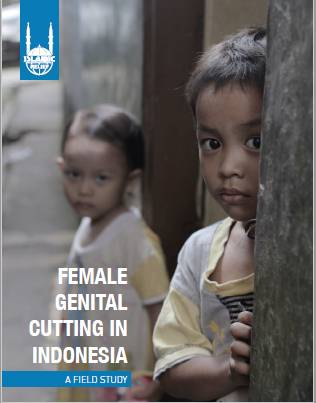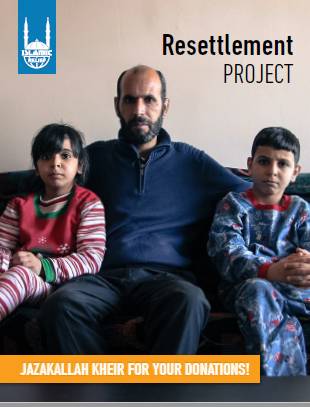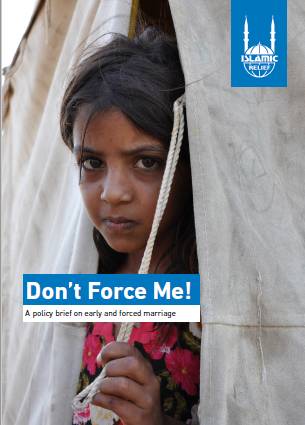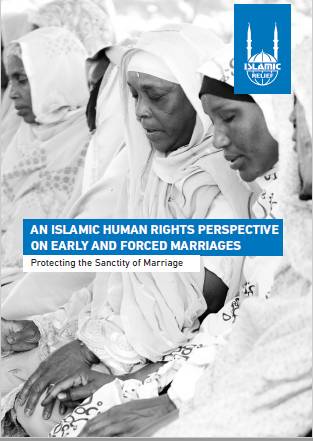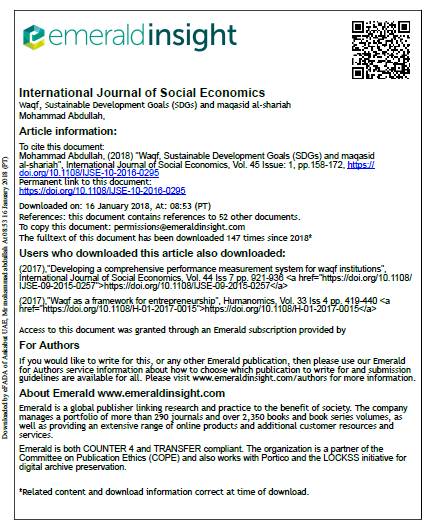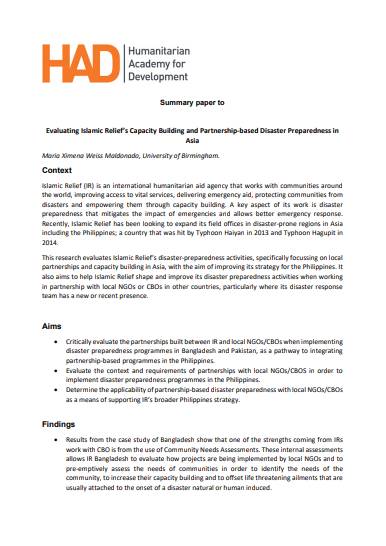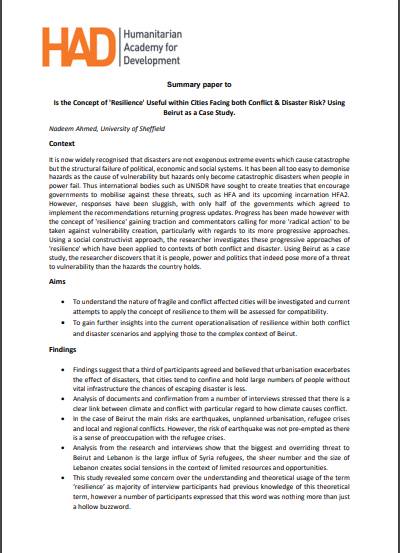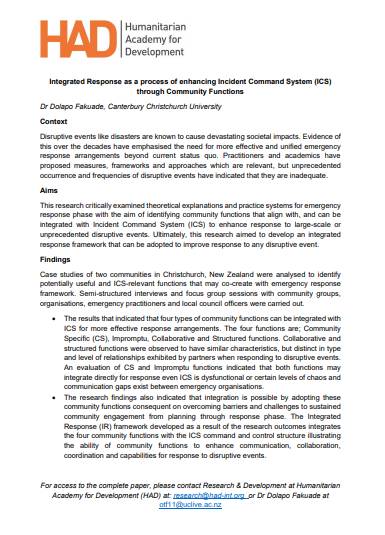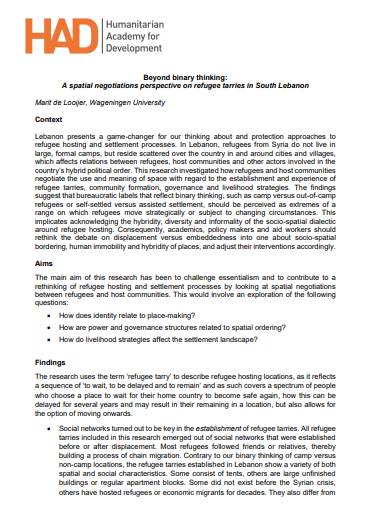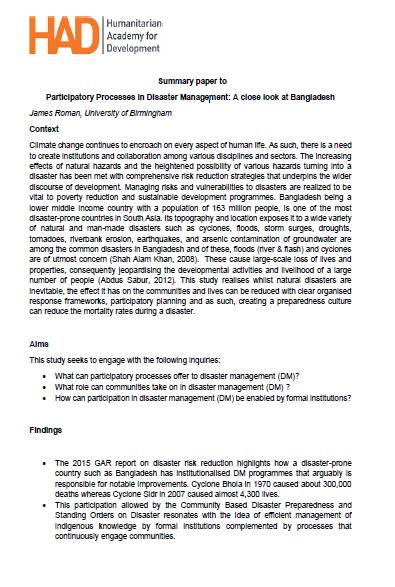Female Genital Cutting in Indonesia
moh2023-04-25T14:21:16+00:00A Field Study This report by Islamic Relief Canada provides an in-depth look into how FGC is perceived and practiced in Indonesia. For the first time, we have an evidence based understanding of how religious motivators are wrongly used to justify FGC in parts of Indonesia – and possibly many other Muslim communities throughout the world. Office http://islamicreliefcanada.org/ Citation Islamic Relief Canada (2016) Female Genital Cutting in Indonesia, Islamic Relief Canada, Ontario, Canada.


